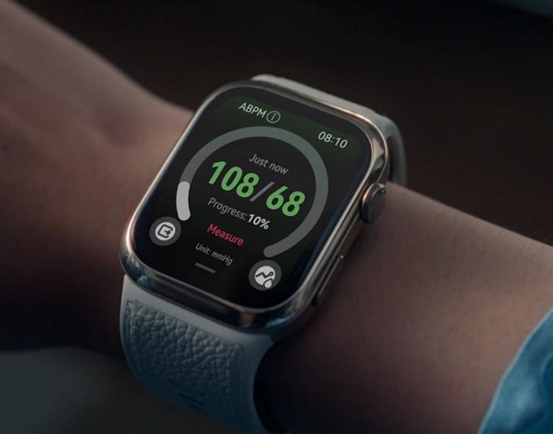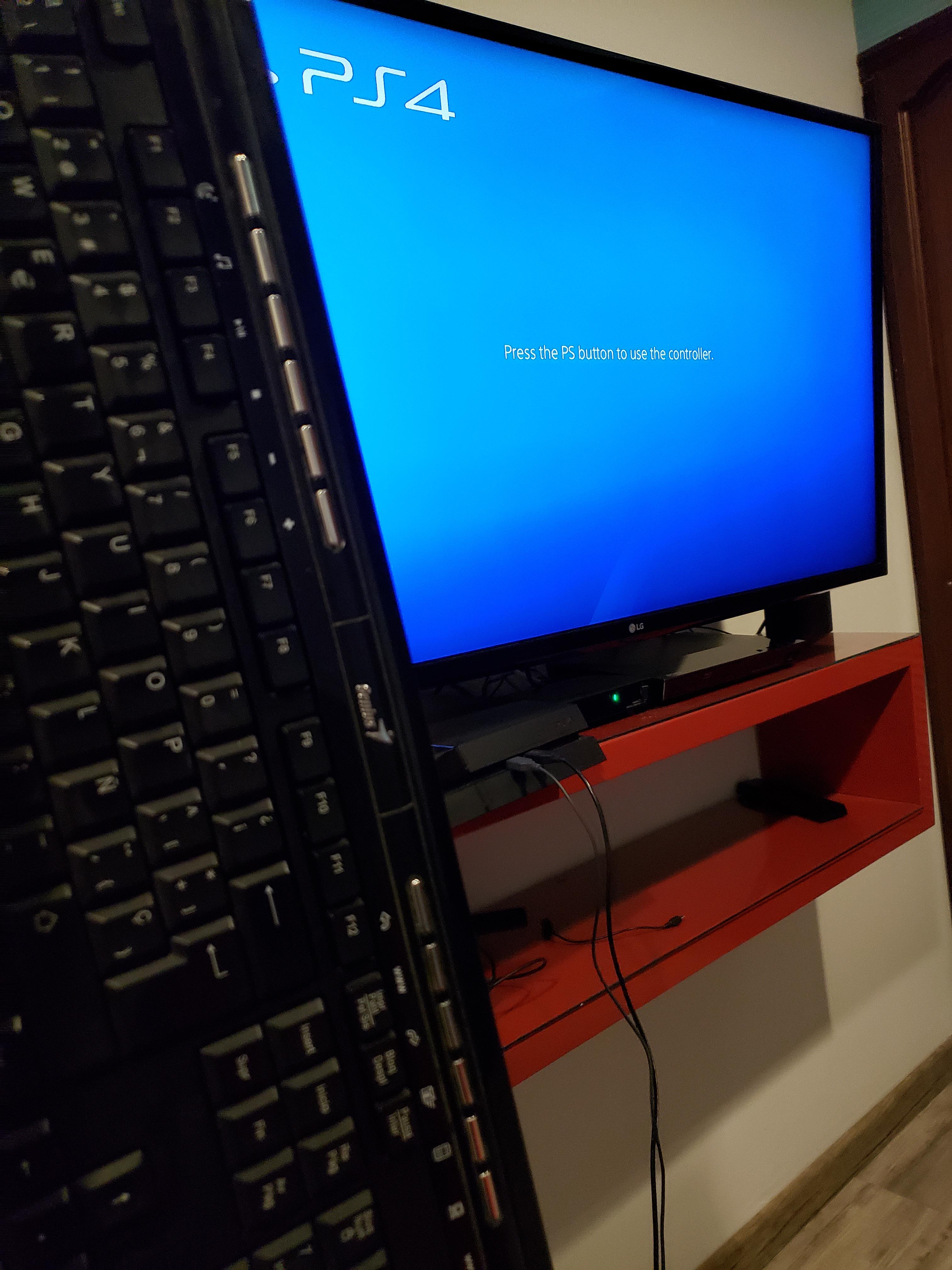Why Do Teenagers Experience Blood Pressure Issues?
Teenagers
are often seen as a picture of health and vitality, yet recent trends show that
more and more are experiencing blood pressure issues. Traditionally, high blood
pressure (hypertension) has been associated with older adults, but the rise of
unhealthy lifestyle habits has made it increasingly common among adolescents.
With poor diet choices, stress, lack of physical activity, and even genetics
playing a role, teenagers today are facing risks that previous generations
didn’t encounter. While blood pressure problems can be concerning,
understanding the root causes is essential in preventing and managing these
issues effectively.

Lifestyle Factors: Diet, Exercise, and Weight
Management
Lifestyle
choices are a significant factor contributing to blood pressure issues in
teenagers. Poor diet, lack of exercise, and unmanaged weight are major
contributors to hypertension, even at a young age.
Poor Diet Choices: High Salt, Sugar, and Processed
Foods
The
typical teenage diet often includes large quantities of salt, sugar, and processed
foods. These foods can cause the body to retain water, which increases the
pressure on blood vessels, leading to higher blood pressure. High sugar intake
can also contribute to obesity, which is another risk factor for hypertension.
Furthermore, many processed foods are packed with artificial preservatives and
unhealthy fats, which can damage blood vessels and disrupt the natural function
of the cardiovascular system. Parents and health professionals alike emphasize
the importance of a balanced diet with plenty of fruits, vegetables, whole
grains, and lean proteins to support healthy blood pressure levels.
Lack of Exercise and the Impact on Heart Health
Exercise
is crucial for maintaining healthy blood pressure. Physical activity helps the
heart pump blood more efficiently, reducing the strain on blood vessels and
preventing hypertension. Unfortunately, many teenagers today are less active
than previous generations. With the increasing popularity of screen time, many
adolescents are spending hours sitting, whether watching TV, gaming, or using
social media. Regular exercise helps reduce the risk of developing high blood
pressure by improving cardiovascular health, boosting circulation, and
promoting weight management. Encouraging teens to engage in activities such as
sports, cycling, or even regular walks can help combat the negative effects of
a sedentary lifestyle.
Genetics and Family History: Why It Matters for
Teens
Genetics
also plays a role in the development of high blood pressure. If hypertension
runs in a family, teenagers are at a higher risk of developing the condition
themselves.
Inherited Hypertension: How Family History Plays a
Role
Hypertension
tends to run in families, and teenagers with parents or grandparents who have
high blood pressure may be more likely to develop the condition. This genetic
link means that even if a teenager follows a healthy lifestyle, they might
still be at risk for high blood pressure. Genetics can affect the way the body processes
salt, how the blood vessels respond to stress, and the overall efficiency of
the cardiovascular system. Teenagers with a family history of hypertension must
be proactive in monitoring their health and making lifestyle adjustments to
mitigate this inherited risk.
Understanding the Risk Factors Passed Through
Generations
In
addition to the direct inheritance of hypertension, other related health issues
may also be passed down, such as obesity, high cholesterol, or diabetes. These
conditions often go hand-in-hand with high blood pressure, and teens who are
genetically predisposed to one may be at risk for developing the others.
Understanding these interconnected health risks allows teens to take
preventative steps early, such as regular health check-ups, maintaining a
healthy weight, and staying active.
Mental Health and Stress: Unseen Triggers for High
Blood Pressure
Mental
health is an often-overlooked factor when it comes to blood pressure. For
teenagers, stress is a major concern that can have a significant impact on
their cardiovascular health. Academic pressures, social anxieties, and the
constant need to stay connected on social media can all contribute to rising
stress levels, which in turn can lead to higher blood pressure.
School Pressure, Social Anxiety, and Stress Levels
Teenagers
today face enormous pressure to perform academically, socially, and
athletically. This stress can manifest physically, with the body entering a
“fight-or-flight” state that elevates blood pressure. In particular, those who
struggle with social anxiety may experience heightened stress in social
situations, leading to spikes in blood pressure. Teens who juggle schoolwork,
extracurricular activities, and peer expectations may not even realize how this
stress is affecting their health until it’s too late.
Teen Depression and Its Connection to Blood
Pressure
Depression
is another mental health issue that can contribute to high blood pressure.
Teens who suffer from depression often experience chronic stress, which can
elevate their blood pressure over time. Depression can also lead to unhealthy
lifestyle choices, such as poor eating habits, lack of exercise, and disrupted
sleep patterns, all of which contribute to hypertension. It’s essential to
address both the mental and physical aspects of teen health to prevent the
long-term effects of high blood pressure.
Modern Lifestyle: Screen Time, Sleep, and Environmental
Factors
In
today’s digital age, screen time has become a major part of teenage life.
Excessive time spent on screens, whether for social media, gaming, or watching
TV, has been linked to various health concerns, including high blood pressure.
The sedentary nature of screen time, combined with the lack of physical
activity and disrupted sleep patterns, can contribute to the development of
hypertension in teens. Furthermore, the blue light emitted from screens can
interfere with sleep, leading to poor quality rest and increased stress levels.
How Wearable Devices Help Monitor Blood Pressure
Smart wearable devices like the Huawei Watch D2 have emerged as powerful tools for monitoring health in real-time. These devices allow teenagers to learn how take blood pressure and measure it throughout the day, providing valuable insights into their health. With features like dynamic blood pressure measurement and sleep monitoring, these devices enable users to track their health and take immediate action if blood pressure levels become elevated. For teenagers, having access to such technology can be empowering, allowing them to manage their health proactively. Whether it's measuring blood pressure, tracking physical activity, or monitoring sleep quality, these devices provide the support teens need to manage their well-being.

Conclusion
Teenagers
today face unique challenges when it comes to maintaining healthy blood
pressure, from lifestyle factors like poor diet and lack of exercise to mental
health stressors and genetic predispositions. However, by making small but
impactful changes—such as adopting a balanced diet, getting regular exercise,
managing stress, and using wearable technology to monitor health—teens can
reduce their risk of developing hypertension. For teens who are concerned about
their blood pressure, it’s important to stay informed, seek professional
guidance, and incorporate healthy habits into their daily routines. By focusing
on a holistic approach to health and utilizing tools like wearable devices,
teenagers can successfully manage and even lower their blood pressure over
time.


